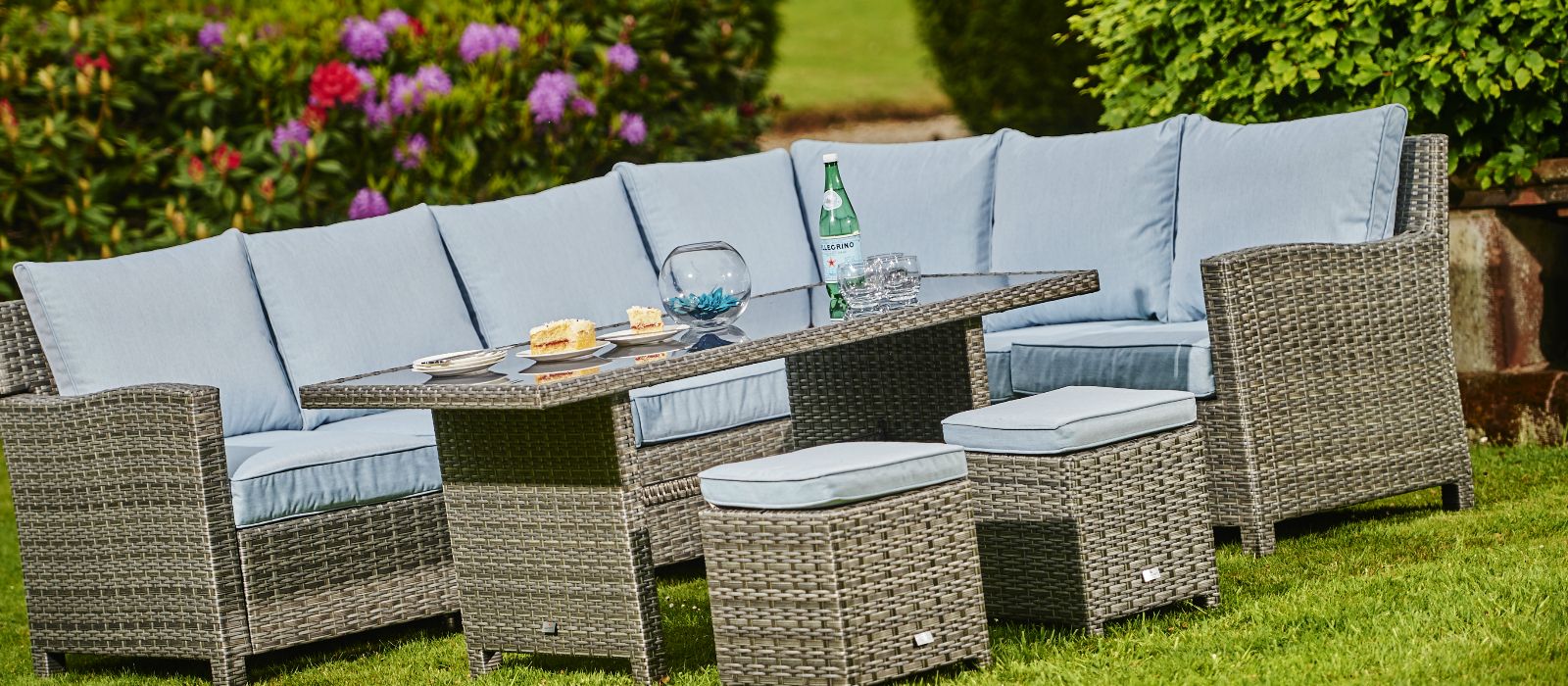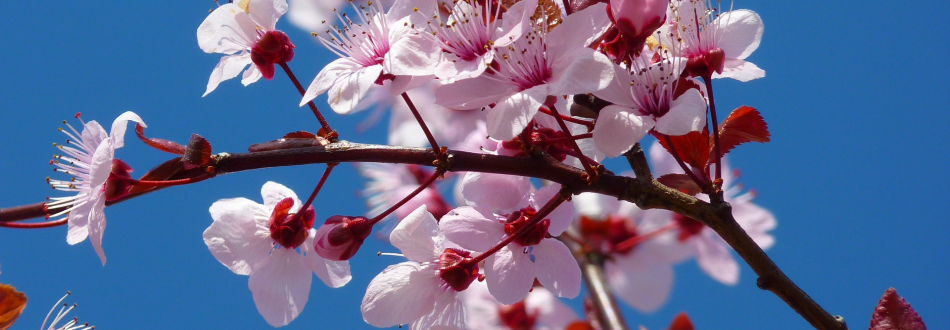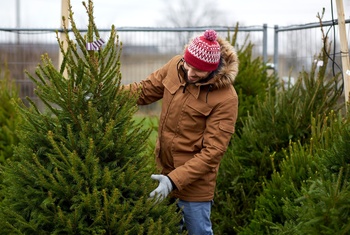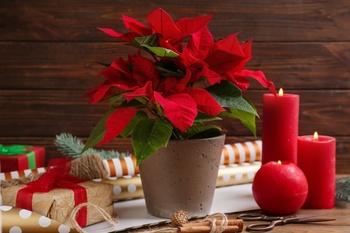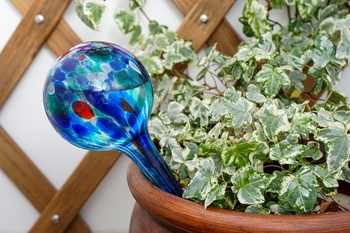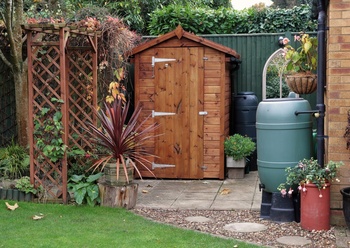
In the wake of one of the hottest and driest summers on record the Royal Horticultural Society is appealing to gardeners to lend a helping hand to garden wildlife.
High temperatures, baked soil and water evaporation mean birds, insects and amphibians like frogs and toads are going short of food, water and shelter, with a potentially devastating effect on populations. So the RHS is asking gardeners to take simple steps to help them get through the hot weather:
- Grow pollinator-friendly plants like single dahlias and verbena, water them regularly and keep dead-heading to make sure they produce plenty of nectar for as long as possible.
- Make sure there are long ramps leading out of ponds so that as water levels drop wildlife can still get in and out.
- Leave saucers of water in the garden for thirsty wildlife to sip from: placing pebbles in the bottom helps insects and birds to get to the water.
- Avoid tidying the garden, leaving wildflower and meadow grasses uncut and increasing logpiles to provide shelter from the heat.
- Start a compost heap in a shady area and keep it damp so that insects, slugs and worms can build up and feed other wildlife including frogs, toads and birds.
- Leave hedgehog feed out in shady spots, as our prickly friends will be going hungry too – they rely on moist soil to reach earthworms and other creepy-crawlies.
- Group container plants together and keep them well-watered so that frogs, toads and newts can take shelter in the cool, damp conditions.
Helen Bostock, senior horticultural adviser at the RHS, said UK gardens are a haven for wildlife struggling to cope with extreme weather conditions.
“Instigating some small changes this long, hot summer could bring major benefits for the many insects, amphibians, mammals and birds that call our plots, pots and baskets home,” she said.

